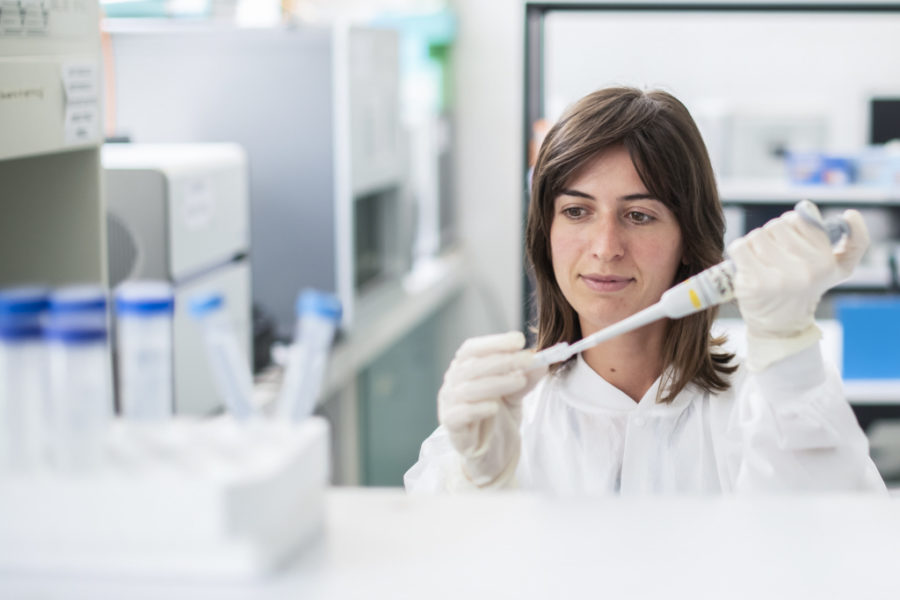As part of its mission, the Pasteur Network has offered, since 2012, more than a hundred theoretical and hands-on courses worldwide.
The international courses have 3 principal objectives:
- to address research and public health priorities at global and regional levels ;
- to offer top-level training to scientists at the different stages of their scientific career ;
- to strengthen scientific relationships between scientists within the Pasteur Network and with other institutions.

Each year the Pasteur Network issues a call for proposals and, with the contribution of an external panel, chooses some twenty regional and international training courses.
Training courses are currently developed within the member institutes only. However, in collaboration with the Institut Pasteur in Paris, the association recently developed the Pasteur International Courses (PIC) label, for courses open to external participants and certifying Pasteurian excellence.
In line with the Pasteur Network’s mission, courses are open to external candidates from the host country and national institutions. On average, only 30% of places are filled by Network staff.

Courses
Theoretical and hands-on courses within the Network can be divided into two categories:
Scientific courses:
- Flagship courses (programmed for 3 to 4 years, then reassessed).
- Cross-disciplinary courses.
- Experimental courses.
Structural courses:
- Biobanking.
- Grant application writing (organized with the GO-PTR team): a workshop held in all 4 regions and covering the Inter-Pasteurian Concerted Actions/Transverse Research Programs (ACIP /PTR) calls for applications, and EU, NIH and USAID grant applications to help scientists find the best-fit grants for their projects.
- Basics of Technology Transfer.
Call for applications
Should you like to apply for funding, please visit the dedicated page for the International Courses Call for applications.
Massive Open Online Courses (MOOCs)
The Pasteur Network also develops online courses open to students and scientists from the Network and partner institutions.
Visit the MOOCs calls for proposals section for further information about guidelines and applications.

